The United States is one of the best places to see the Milky Way in the world. Having more than 65 Dark Sky Parks across the country, the possibilities for spending a night under a dark starry sky are endless.
Darkness apart, the US also offers the most variety of landscapes in the entire world; deserts, mountains, canyons, volcanoes, natural formations, alpine lakes, badlands… so the question is; with so many options, which is the best place to see the Milky Way in the US?
If you are looking for an unforgettable stargazing experience, check the list below!
In a nutshell, these are the best places to see the Milky Way in the US:
1. Death Valley National Park, California
Death Valley is the largest National Park in the lower 48 and the largest dark-sky preserve in the country. For many of the reasons that you’ll see below, it’s also the best place to see the Milky Way in California.
The conditions in Death Valley are unique, with some astronomical objects that can only be seen from some of the darkest locations around the globe. However, what makes this National Park stand out is the variety of landscapes.
Here you can see the Milky Way rising over some otherworldly locations, such as the salty polygons at Badwater Basin in the lowest point of North America, the endless sand dunes at Mesquite, Ibex, or Eureka, badlands at Zabriskie Point, and many other landmarks like mud cracks, cotton balls, old mining towns, etc.
When to go: To see the Milky Way in Death Valley at its best, go during the Milky Way season from March to early May. After that, temperatures rise exponentially (Death Valley is also one of the hottest places on Earth), so don’t even try during the late spring or summer! + info on our Death Valley visiting guide.

1. Death Valley National Park, California
|
Photographer? You can also learn how to capture the Milky Way in Death Valley with professional astrophotographers in our Death Valley astrophotography workshop! |
2. Arches National Park, Utah
In the Utah high desert, you can see everything from giant natural arches and Martian rock formations to canyons and majestic landscapes.
Arches National Park is a high-desert plateau located above other sources of light pollution, where you can enjoy ideal conditions for stargazing and astrophotography. There are many facilities close to Arches in the town of Moab, and also fantastic opportunities to extend your trip and visit Canyonlands National Park and Deadhorse Point State Park.
My favorite locations to see the Milky Way in Arches are Balanced Rock, the Windows, and the renowned Delicate Arch. There are more great locations in this state, but Arches is, without a doubt, the best place to see the Milky Way in Utah.
When to go: Arches is a great destination throughout the entire Milky Way season from March to September. However, my recommendation is to go in April-May when the park is not as crowded or in September when temperatures are warmer.
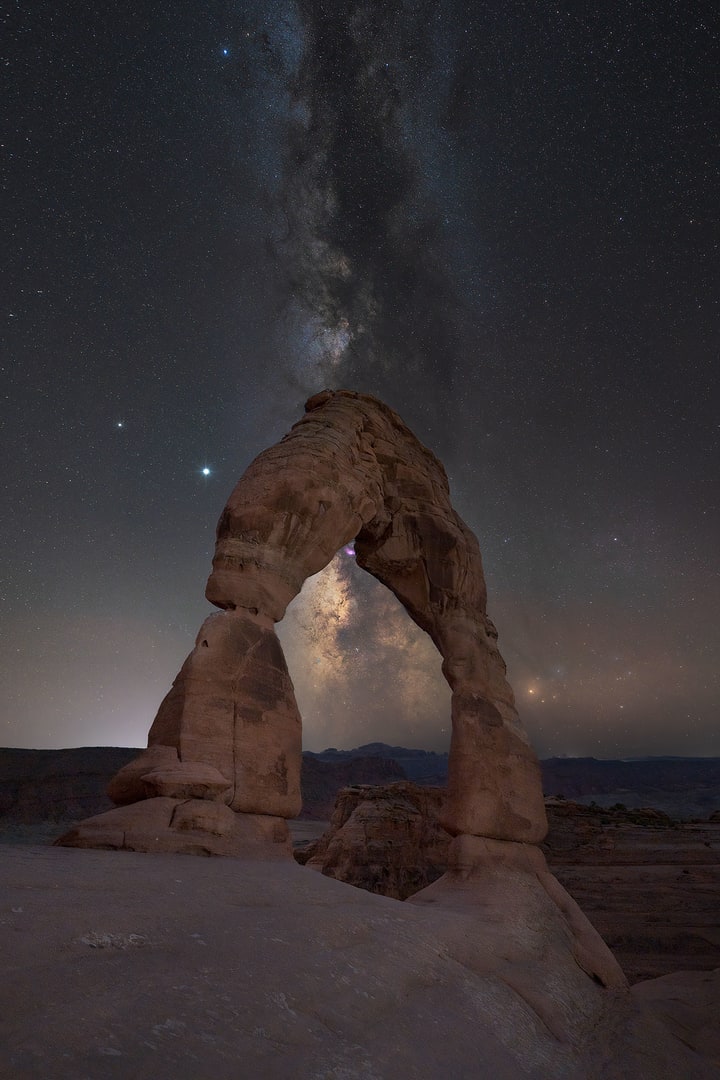
2. Death Valley National Park, Utah
|
Photographer? Shoot the Milky Way with us in Arches & Canyonlands National Parks on our Utah astrophotography workshops! |
3. Vermillion Cliffs National Monument, Arizona
The Vermillion Cliffs National Monument in Northern Arizona is a remote and unspoiled dark-sky treasure. It’s the best place to see the Milky Way in Arizona, being at higher altitudes between 3,000-7,000 ft, far away from sources of light pollution, and surrounded by some of the most spectacular geological formations in the world.
This vast territory is divided into many different areas, some of them requiring long 4WD drives only for the adventurous. However, there are other parts more accessible where you can just drive your car and enjoy a night under the stars.
My favorite places to see the Milky Way in Vermillion Cliffs are White Pocket and Coyote Buttes South (permit required). Take a high-clearance 4WD car to drive to those locations!
When to go: These areas are very remote and don’t get crowded. Summer is a perfect time when temperatures are warmer and the Milky Way season is in full swing!
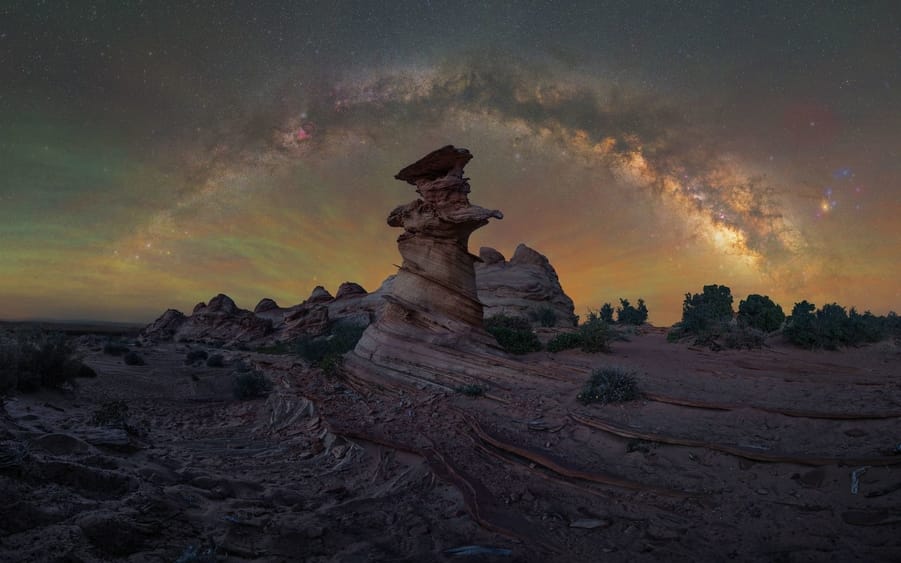
3. Vermillion Cliffs National Monument, Arizona
|
Photographer? Make sure you get a permit to shoot Coyote Buttes South, you won’t regret it! |
4. Samuel H. Boardman Scenic Corridor, Oregon
Most people agree that the Samuel H. Boardman Scenic Corridor is the most spectacular stretch of coastline in the country. The good news is that it’s also one of the best places to see the Milky Way in the US!
Be prepared to find secluded beaches, photogenic sea stacks, and epic viewpoints, all with our Milky Way Galaxy perfectly aligned in the Southern Sky. This area is very accessible from Brookings, Oregon, and even though it’s not a designated dark-sky park, it’s one of the best places to see the Milky Way in Oregon.
When to go: With storms and fires, weather can be harsh in the Pacific Northwest. Our recommendation is to visit this area in early summer when conditions are usually the best.
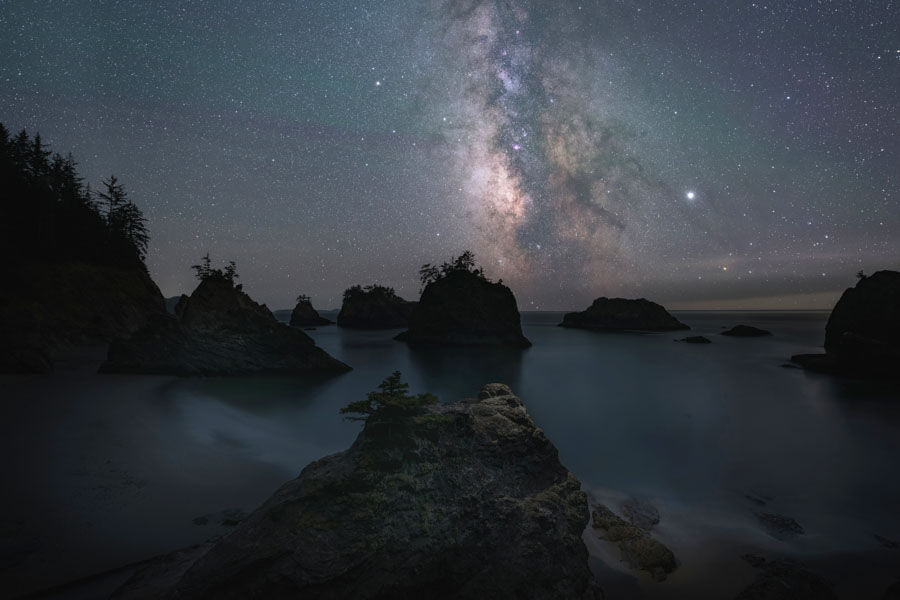
1. Samuel H. Boardman Scenic Corridor, Oregon. Photo by Daniel Gomez
|
Photographer? Stay Tuned because we are organizing a Capture the Atlas Photo Tour here in June 2023. You can subscribe to our newsletter here to receive all the details once it’s ready! |
Also, if you are interested in photographing the Milky Way, I strongly recommend downloading our Milky Way Calendars where you can see the best days of the year to see the Milky Way at a glance!
GET THE CALENDAR WITH THE BEST DATES TO PHOTOGRAPH THE MILKY WAY IN 2026
You'll also receive our PDF guide to photographing the Milky Way!
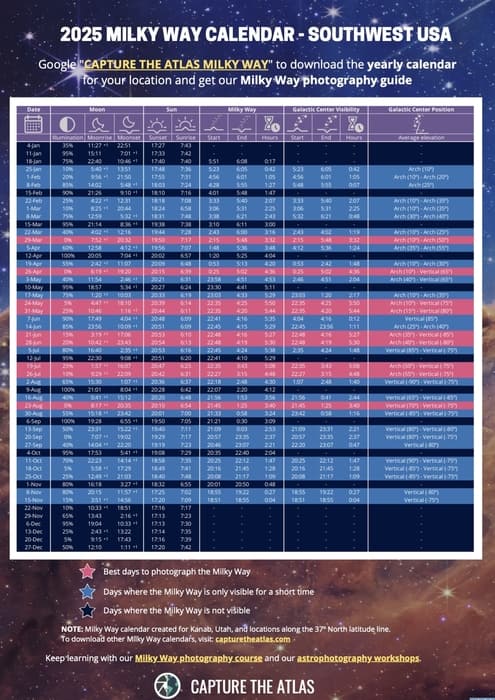
5. Acadia National Park, Maine
Acadia National Park is known as “The Crown Jewel of the North Atlantic Coast” for good reason; here you can enjoy the most beautiful rocky shorelines, coves, and scenic overlooks on the entire East Coast of the United States.
However, the real magic in Acadia starts at night, when the Milky Way starts shining in a pitch-black sky where you can clearly see our galaxy with the naked eye!
Some great locations to see the Milky Way in Acadia are Bubble Rock overlook, Otter Point, and the entire eastern coastline.
When to go: Clouds and humidity are more common in this area, but planning for September will increase your chances of having a phenomenal night under the stars!

5. Acadia National Park, Maine. Photo by Mike Ver Sprill
|
Photographer? Capture the Milky Way with us on our September Acadia Astrophotography workshop! |
6. Monument Valley Navajo Tribal Park, Arizona
If your goal is to mix vast desert vistas with culture and epic night skies, Monument Valley is your place!
This Park lies in Navajo Nation Lands, and the main landmarks are the enormous buttes that have been featured in so many westerns and classic films. However, beyond the typical panoramic view, you can venture into the wilderness of Monument Valley (always with a Navajo guide) to see the Milky Way over photogenic rock formations, natural arches, and petroglyphs, while learning more about the Navajo culture.
When to go: Visit the park in spring when there are more chances of clear skies. Summers are very hot and it’s also monsoon season, so don’t go during that time if your goal is stargazing or astrophotography.
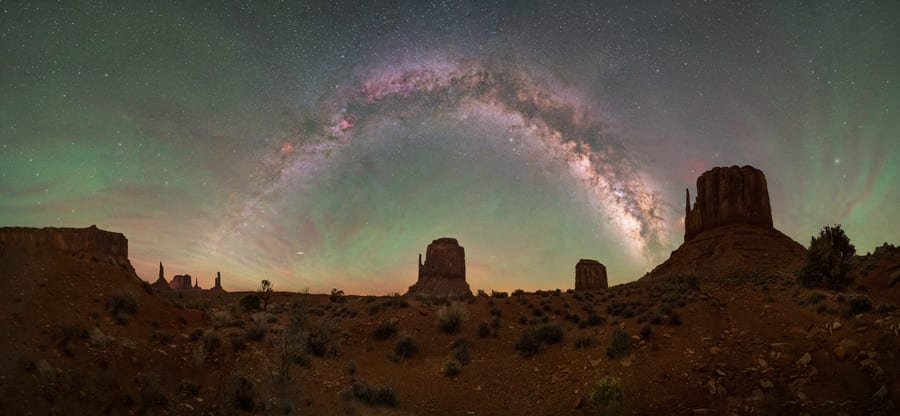
6. Monument Valley Navajo Tribal Park, Arizona
|
Photographer? We are planning a Capture the Atlas Photo Tour in Monument Valley in May 2023. Stay tuned for more details in our newsletter! |
7. Adirondack Mountains, New York
The Adirondacks in Upper State New York is a dark-sky oasis in the middle of the strong pollution of the US East Coast.
This region offers some spectacular lakes, peaks, and vistas with great conditions to see and photograph the milky way. It’s also a hiking paradise, and there are great rewards for those eager to push the extra mile having amazing lakes all for yourself where you can see our galaxy reflected in the water.
When to go: The end of the summer is a great time for stargazing in the Adirondacks. You can also visit this area during the summer, but make sure that you have bug spray if you are planning to shoot around the lakes.
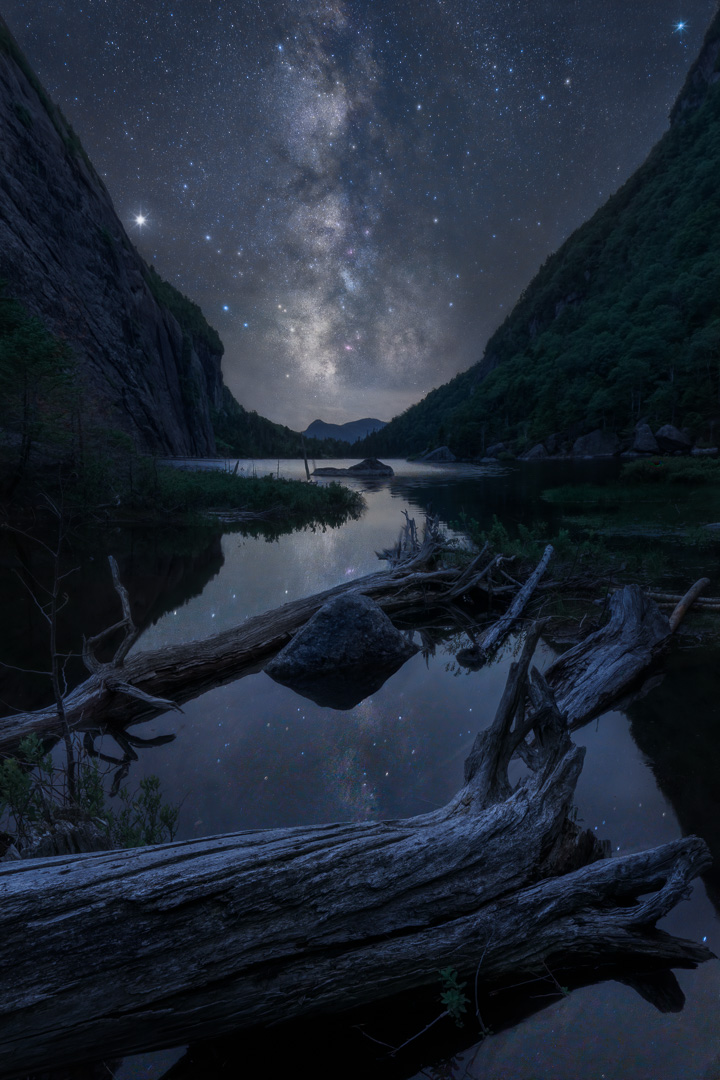
7. Adirondack mountains, New York
|
Photographer? You can see some great examples of Milky Way images in the Adirondacks in my astrophotography gallery. |
8. Waimea Canyon, Kauai
The Hawaiian Islands are renowned for many things apart from paradisiacal beaches and rainbows; one of them being glorious night skies!
These islands are located in a remote area of the Pacific Ocean away from sources of light pollution. Their volcanic formation gives them the perfect altitude to enjoy otherworldly nights seeing the Milky Way.
Waimea Canyon, located on the island of Kauai far from the most populated islands, is one of the best places to see our Milky Way in the US. If you happen to be in Maui or the Big Island, Haleakala National Park and Mauna Kea are also ideal for astro.
When to go: Visit Kauai during the dry Milky Way season, that is, from April to September.
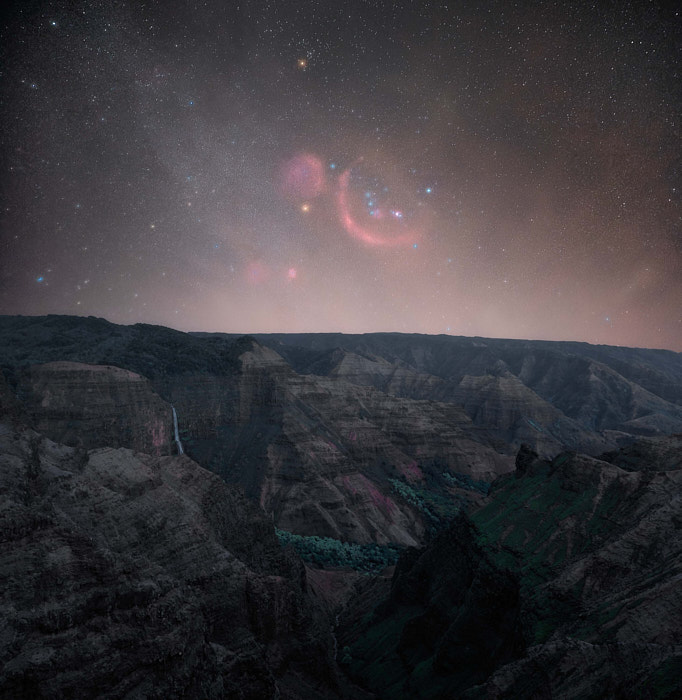
8. Waimea Canyon, Kauai
|
Photographer? Apart from night shootings, don’t miss the chance to take a photo tour flying the spectacular Napali Coast of Kauai if you visit the island! |
9. Bisti Badlands, New Mexico
The Bisti Badlands, (aka Bisti/De-Na-Zin Wilderness Area) is a vast landscape that offers the best alien-like landscapes to see the Milky Way in the US.
Expect to find a fantasy world of impossible rock formations, hoodoos, and canyons, with some of the darkest skies in the country. This high desert wilderness is located in a remote area where a 4WD is recommended, so make sure that you don’t visit this area alone.
When to go: Anytime during the summer Milky Way season from late June to early September is great for stargazing in this area of New Mexico.

9. Bisti Badlands, New Mexico. Photo by Debbie Heyer
|
Photographer? If you are planning to go alone, going stargazing on a guided Navajo tour can be a good idea. |
10. Ancient Bristlecone Pine Forest, California
The oldest known living organism on Earth is the bristlecone pine that grows quietly in the remote California’s White Mountains. They live in very harsh conditions with extreme cold and wind above 10,000 ft. which has made their wood dense and strong to live longer than other trees.
Being at such a high elevation makes the Ancient Bristlecone Pine Forest another great location to see the Milky Way in the US. There are two main areas to see these trees; the Schulman Grove, where there’s easy access and a visitor center, and the Patriarch Grove, which is more photogenic but requires a 4WD vehicle and more preparation to spend the night.
When to go: Weather can be extreme in the white mountains. The road to the grove is open from late May to October. The best time to see the Milky Way in the Ancient Bristlecone Pine Forest is from mid-June to mid-September.
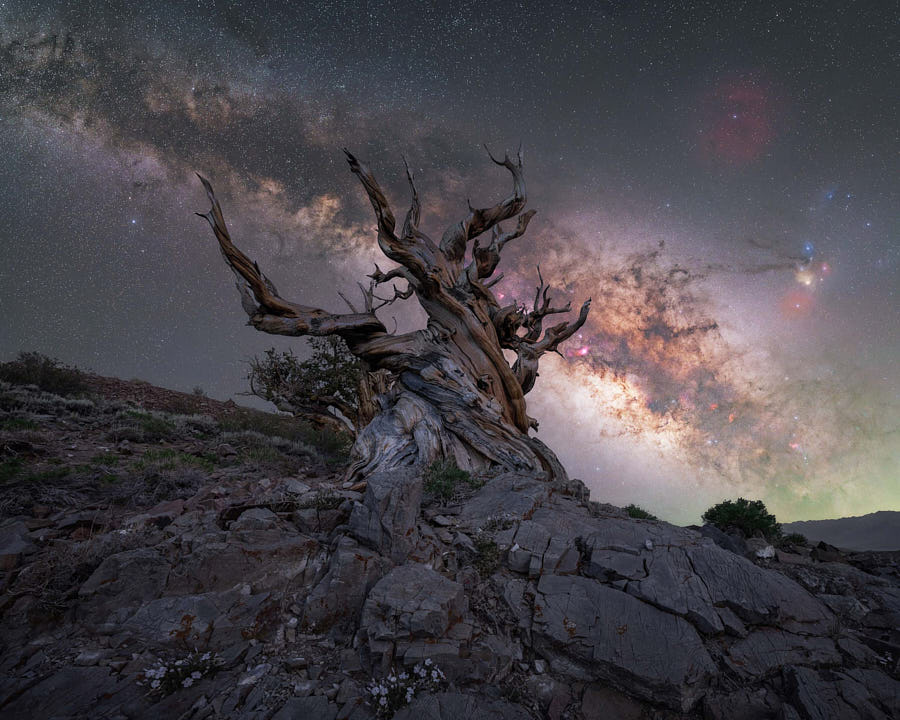
10. Ancient Bristlecone Pines, California
|
Photographer? Apart from the Bristlecones, you can also shoot the Milky Way in other spectacular locations in the area like Mono Lake or the Alabama Hills. You can join us in our Alabama Hills astrophotography workshop to capture the magic of the California Eastern Sierra at night! |
Other great places to see the Milky Way in the USA
There are many more fantastic locations to see the Milky Way in the United States, including:
-
- The Outer Banks, North Carolina
- The Sawtooth Mountains, Idaho
- Big Bend National Park, Texas
- Everglades National Park, Florida
- Mount Rainier National Park, Washington
- Valley of Fire State Park, Nevada
- Yellowstone National Park, Montana
- San Juan Mountains, Colorado
- Crater Lake National Park, Oregon
- Cherry Springs State Park, Pennsylvania
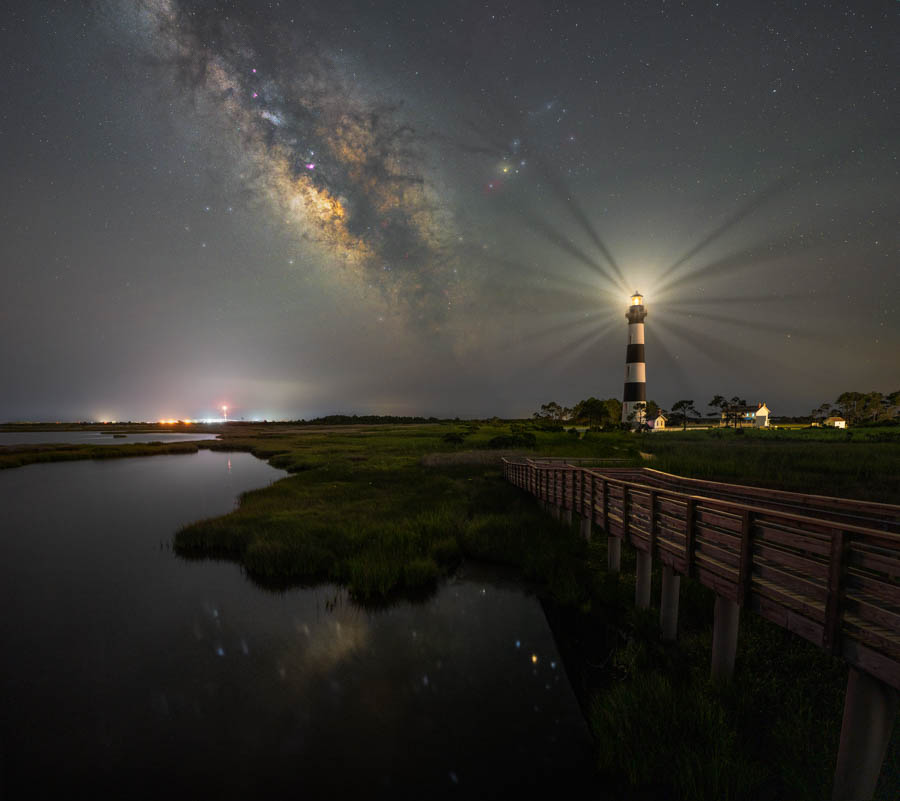
Milky Way at Bodie Lighthouse, Outer Banks, North Carolina
You can also check more great places in this list of Dark Sky Parks by the International Dark-Sky Association.
Finally, if you want to find the best locations to see the Milky Way in the US near you, I highly recommend checking our where to see the Milky Way article where you’ll find the details to discover those dark-sky gems in your location!
If you are interested in learning and improving your night photography, I highly recommend checking my Milky Way photography course as well as our astrophotography workshops & tours!
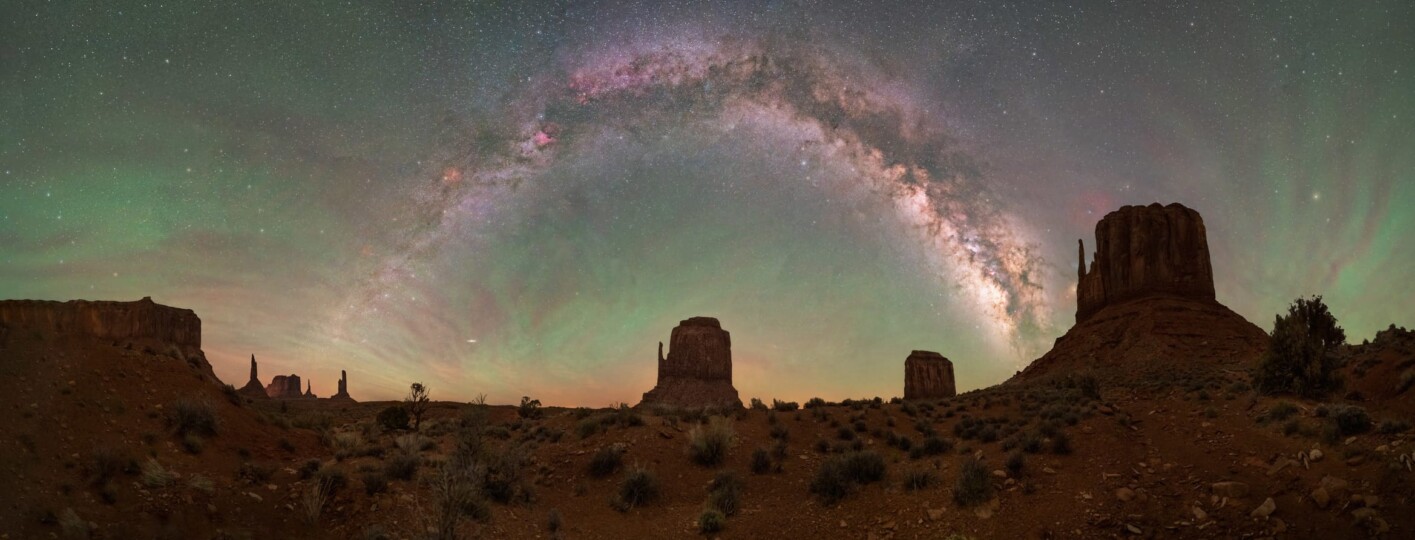
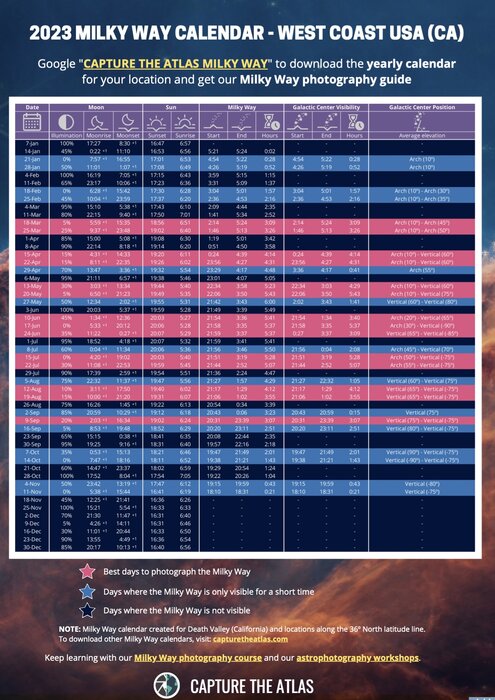
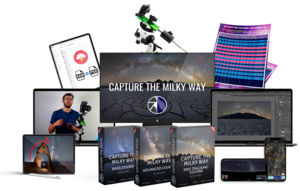
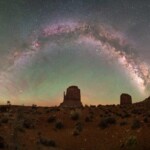
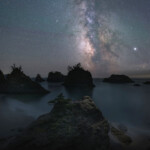
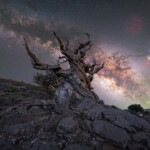
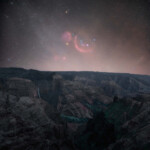
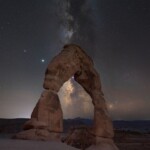
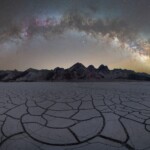
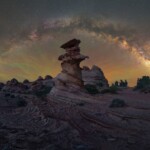
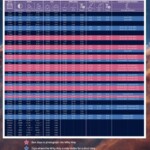
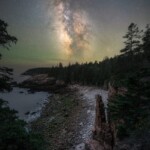
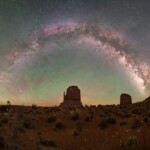
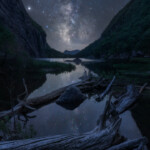
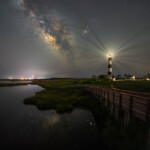
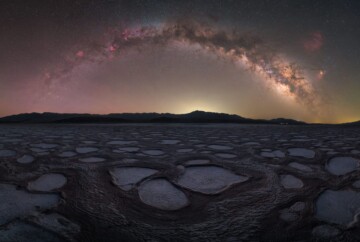
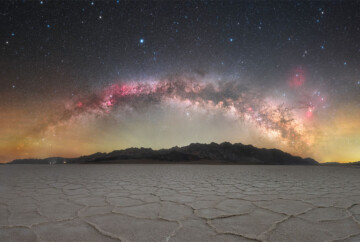
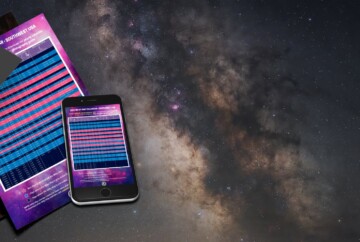
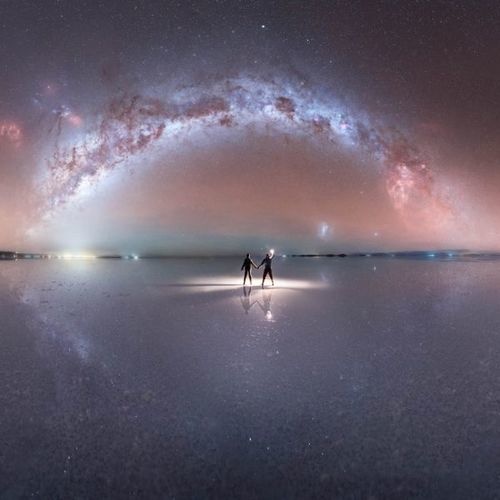
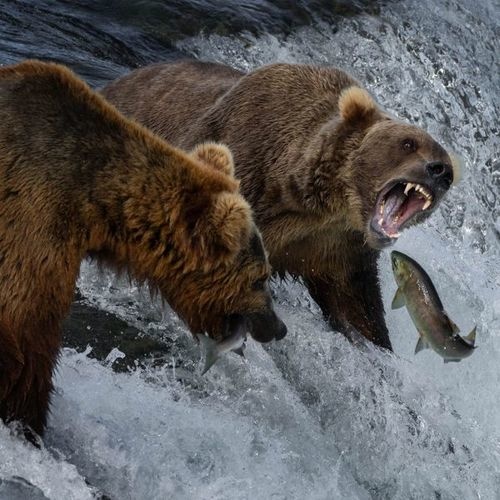
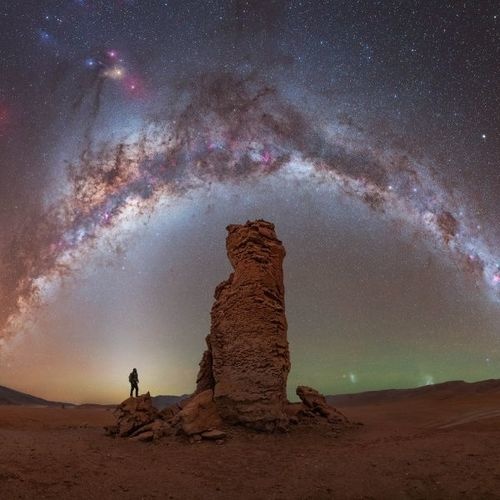
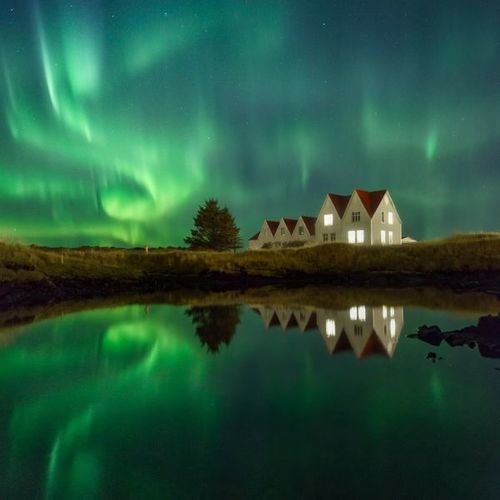
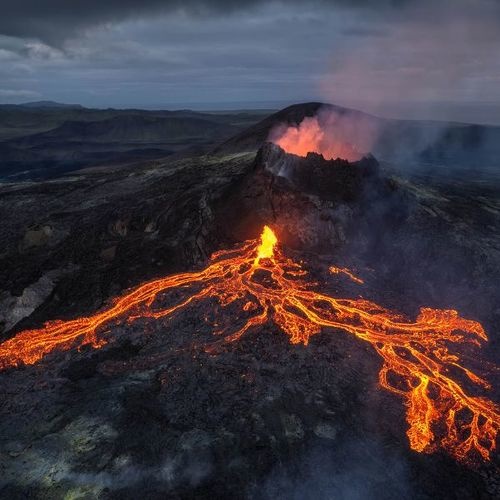
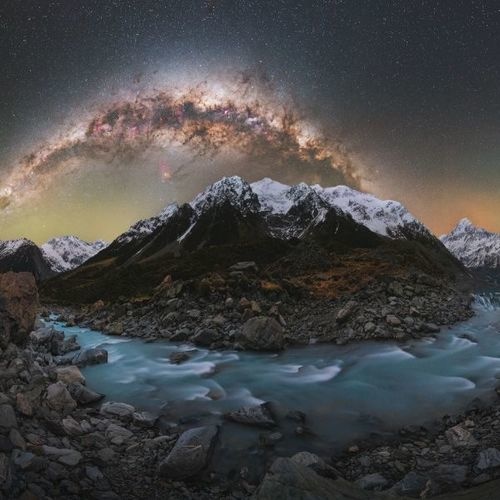

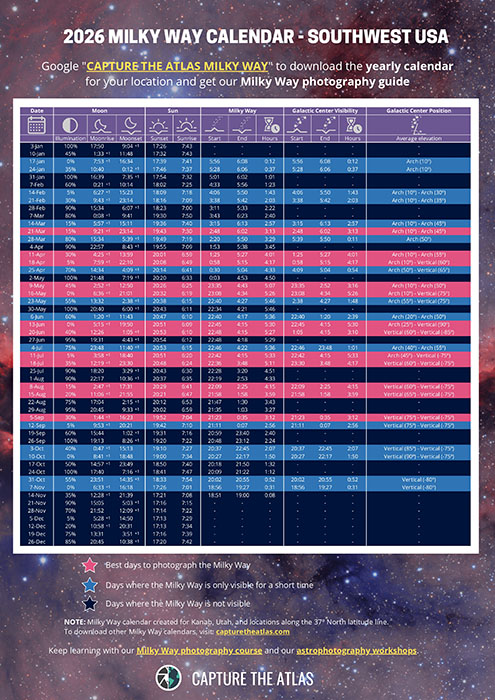
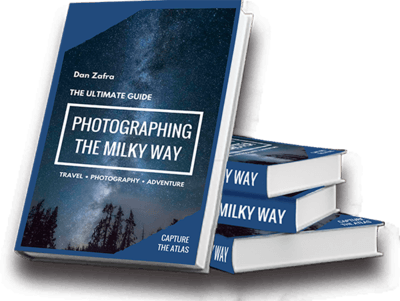
That ‘s great ! But what about Europe ??? 😉
We need to make another specific about Europe but you can find some places in Europe in this article about the best places to see the Milky Way in the world!